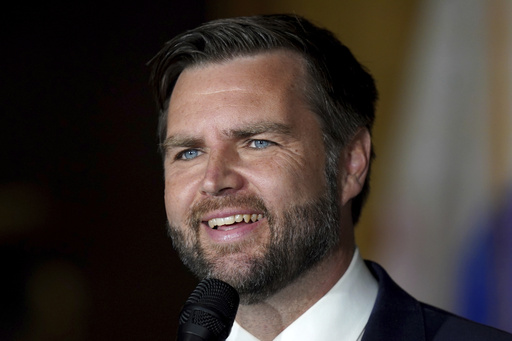Five years ago, at a conservative conference in Washington, JD Vance, who is now Donald Trump’s running mate, raised concerns about the declining fertility rate in the United States. Vance emphasized the importance of having more children, not just for economic reasons but also because children are valuable for society. His focus on this issue has garnered attention and support from the pro-natalist movement, traditionally popular with policy wonks, tech executives, and venture capitalists.
Vance has made family formation a central policy priority, advocating for measures such as allowing parents to vote on behalf of their children and providing incentives for married couples with children. He has also suggested imposing higher taxes on individuals without children and increasing the child tax credit. Vance has linked the decline in birth rates to issues like the availability of pornography for minors and the challenges faced by two-parent households in living on a single wage.
Despite facing criticism for his views on birth rates, Vance remains steadfast in his beliefs. He argues that a society without children is undesirable and that policies should support family formation and child-rearing. The U.S. has experienced a significant drop in its fertility rate in recent years, posing challenges for issues like Social Security and the sustainability of the population.
Vance’s stance on birth rates has led to a mixed reception, with some praising his dedication to the issue while others express concerns about his proposals. Critics have accused him of marginalizing childless individuals and inflaming tensions on sensitive topics. Despite the backlash, Vance’s supporters believe that his ideas have merit and could benefit the country in the long run.
Moving forward, Vance faces the task of turning his ideas into concrete policy proposals that resonate with a wider audience. Supporters at recent Trump rallies have shown varying degrees of support for Vance’s views, highlighting the complexity of the issue. As Vance continues to advocate for policies to address declining birth rates, the debate over the role of family formation in society is likely to persist.


